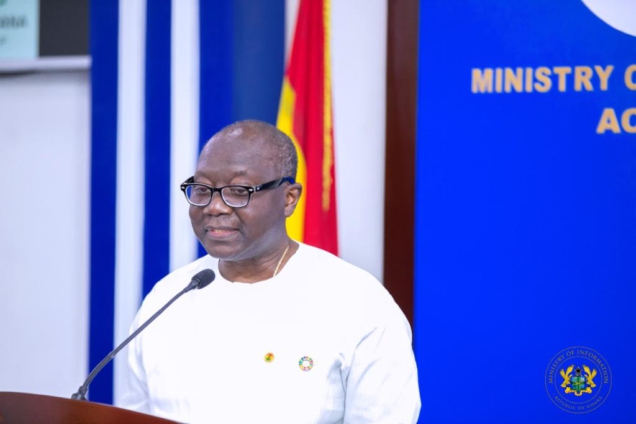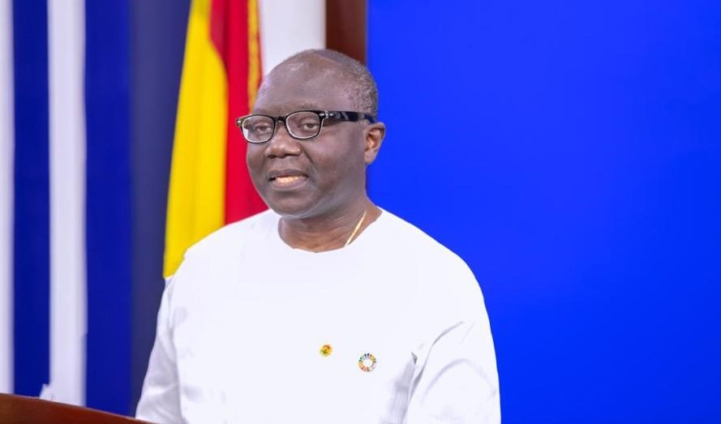
Finance Minister Ken Ofori Atta
A group of bilateral chambers of commerce have expressed worry about the threat the current economic challenges is having on the country as a leading and favorable destination for business and investment in Africa.
Made up of the American Chamber of Commerce Ghana, the UK Ghana Chamber of Commerce, Canada Ghana Chamber of Commerce, CCI France Ghana and the European Chamber of Commerce in Ghana, they also want government to address the perceived predatory nature and outright harassment by Ghana Revenue Authority (GRA) officials in the conduct of audits and the resulting imposition of penalties as part of efforts to collect more taxes from companies that are already large taxpayers.
“Our member companies are all in the formal sector and known large taxpayers. They are, however, deeply concerned about the perceived predatory nature and outright harassment by Ghana Revenue Authority (GRA) officials in the conduct of audits and the resulting imposition of penalties as part of efforts to collect more taxes from companies that are already large taxpayers. Our member companies expect greater consultative opportunities in the development and rollout of tax reforms”.
“We are also not oblivious of the current economic challenges and the proposition that all must contribute their share to the solution. However, we are convinced that given the right incentives and the desired operational flexibility with less interference, the private sector shall provide the needed resources for Ghana’s long-term growth and prosperity”, they added..
They, however, stated that the government has their unbridled support in its negotiations with the International Monetary Fund (IMF) and therefore endorsed the initiatives to mobilise domestic revenue for the country’s development.
Additionally, they pointed out that a partial or full recovery from the current challenges is largely dependent on the private sector creating more jobs and hence, paying more taxes.
However, they urged the government to harmonise all legislation, rules, and regulations to spur coherent private sector participation in the economy, adding, “While our member companies fully support and encourage local content development and participation, for example, its implementation must not threaten or undermine the existing ecosystem”.
They also expressed worry about the delays in payment for the supply of government goods and services as well as the seeming challenges with contract sanctity and the perceived lack of transparency and interference with government-to-business contracts, which has unsettled their members.
“Smart investment chases a business environment grounded in consistency and predictability. The pool of would-be investors is small, and they talk to one another. Word spreads fast when business conditions deteriorate, causing a ripple effect that can impede investment for years to come”, they added.
They pledged their solidarity with the efforts to stabilise the depreciating currency which lost more than 50% of its value against the major currencies in 2022, adding, “We want the Bank of Ghana (BoG) to maintain an open and fair line of communication with investors on the issue of repatriation of profits and the availability and management of foreign exchange for businesses to import essential inputs for manufacturing.”
Furthermore, they want the BoG to publicly communicate the modalities on its outright cessation of providing foreign exchange for some critical imports to avoid likely shortages.
Finally, the chambers of commerce said they intend to collaborate more closely with local trade groups on matters of mutual concern particularly on using more local content in manufacturing.



